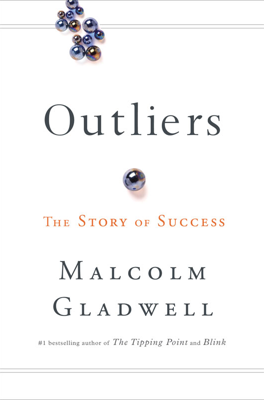The Trouble With Geniuses, Part 2
The chapter continues to explore the complexities surrounding the potential and limitations of intellectual aptitude by contrasting the life trajectories of Chris Langan and Robert Oppenheimer. Both are identified as intellectual prodigies in their youth, yet their fates diverge drastically, influenced significantly by their socioeconomic backgrounds and the practical intelligence or "savvy" they developed—or failed to develop—in navigating systems and social structures.
Chris Langan, with an extraordinary IQ of 195, faced extreme poverty and domestic instability during his childhood. Despite being a stellar student, Langan's college career was derailed by logistical and bureaucratic mishaps that were not of his academic making, including his mother's failure to submit a required financial statement for scholarship renewal and a university advisor's refusal to adjust a class schedule to accommodate transportation issues following a vehicle breakdown. These misfortunes forced Langan out of college, leading him to a series of blue-collar jobs and a life of intellectual isolation, despite his continued self-education and development of complex theoretical work, which remained unrecognized and unpublished.
Robert Oppenheimer, on the other hand, grew up in a wealthy, nurturing environment that epitomized "concerted cultivation." He developed not just intellectual prowess but the practical intelligence required to navigate high-stakes social infrastructures effectively. This was evident even after a near-catastrophic personal misjudgment at Cambridge University, where he attempted to poison his tutor—a serious offense that, instead of ending his academic career, concluded with him being put on probation and sent to therapy. This incident underlines the significant role that social navigation skills and institutional support played in shaping his path to later heading the Manhattan Project.
The narrative further explores the idea that practical intelligence, or the lack thereof, plays a crucial role in determining whether someone can capitalize on their intellectual abilities. It is suggested that practical intelligence is not innate but rather developed through family influence and upbringing. Sociologist Annette Lareau's study highlights that children from wealthier families often develop a sense of entitlement—an essential skill for maneuvering within institutional settings and advocating for oneself—owing to parenting styles that promote active engagement and communication.
In concluding, Gladwell argues that Langan's and similar stories represent a lost potential that could have been actualized if only the necessary navigational skills and support structures were in place. The comparison between Langan and Oppenheimer exemplifies the profound impact of upbringing and social environment on the utilization of innate intellectual talents.
